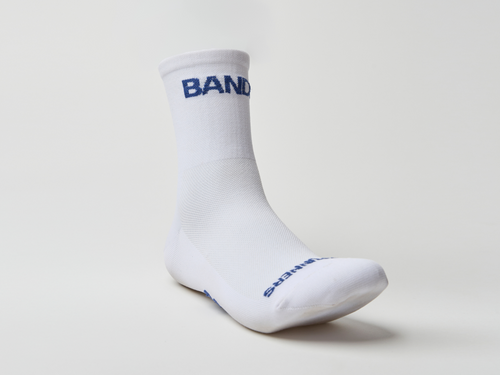Week 1
Training
Find Your Starting Line, by Coach Finley
As you begin on this 16 week training journey be sure to slow down and take stock of where you are, where you have been, and what you would like to get out of this training experience. No matter what those answers are, there are a two fundamental approaches we suggest:
-
Take it step by step. Your early runs and workouts are what we call the danger zone where if you push too fast or far while your body is still getting adjusted to the new training variables you could risk an injury or a setback, avoid this by slowing things down the first 2-3 weeks.
- Build consistency. In the first few weeks it’s more important to formulate and get comfortable with your routine than increasing mileage volume. Find the days/times that work best for you and lock in on committing to as much consistency in your training schedule as possible.
Sports Psychology
Map of Resources, by Mari Dottschadis M.Sc.
Welcome to the first week of your marathon journey. In this section you will find mindset strategies and inputs specific to marathon running including links to audio recordings with supportive exercises. This week is about defining your starting line. Imagine you come to a new place and want to figure out your way around the city. To do that, you first have to establish your location (where you are). So, this week take some time to sit down and answer the following questions:
- Why do you want do run this marathon?
- What qualities and strengths do you bring to this marathon build that can be helpful? (Physical, mental, environmental)
- Who can support you on this journey?
This creates your map of resources—a purpose that keeps you moving, strengths and resources you can use and people who support you. Be confident enough and rely on your support system. You’ll need it.
Nutrition
Build Solid Habits, by The Feed
Starting your marathon journey means building solid habits. Nutrition isn't just about race day—it's about creating a consistent foundation to support your training.
- Start by assessing your current eating habits. Are you consuming balanced meals with carbohydrates, proteins, fats, and plenty of fruits and vegetables?
- Hydration starts now—aim for at least 2 liters of water daily and increase intake on run days.
Recovery & Mobility
Build Recovery Habits Early, by NY Run Academy, PT.
Just as you’re establishing your running routine, now’s the time to lock in recovery habits that will serve you for the next 16 weeks.
- Establish a post-run routine: hydrate, eat within 30 minutes, and stretch or foam roll key muscle groups.
- Sleep is your most powerful recovery tool—aim for 7-9 hours per night.










